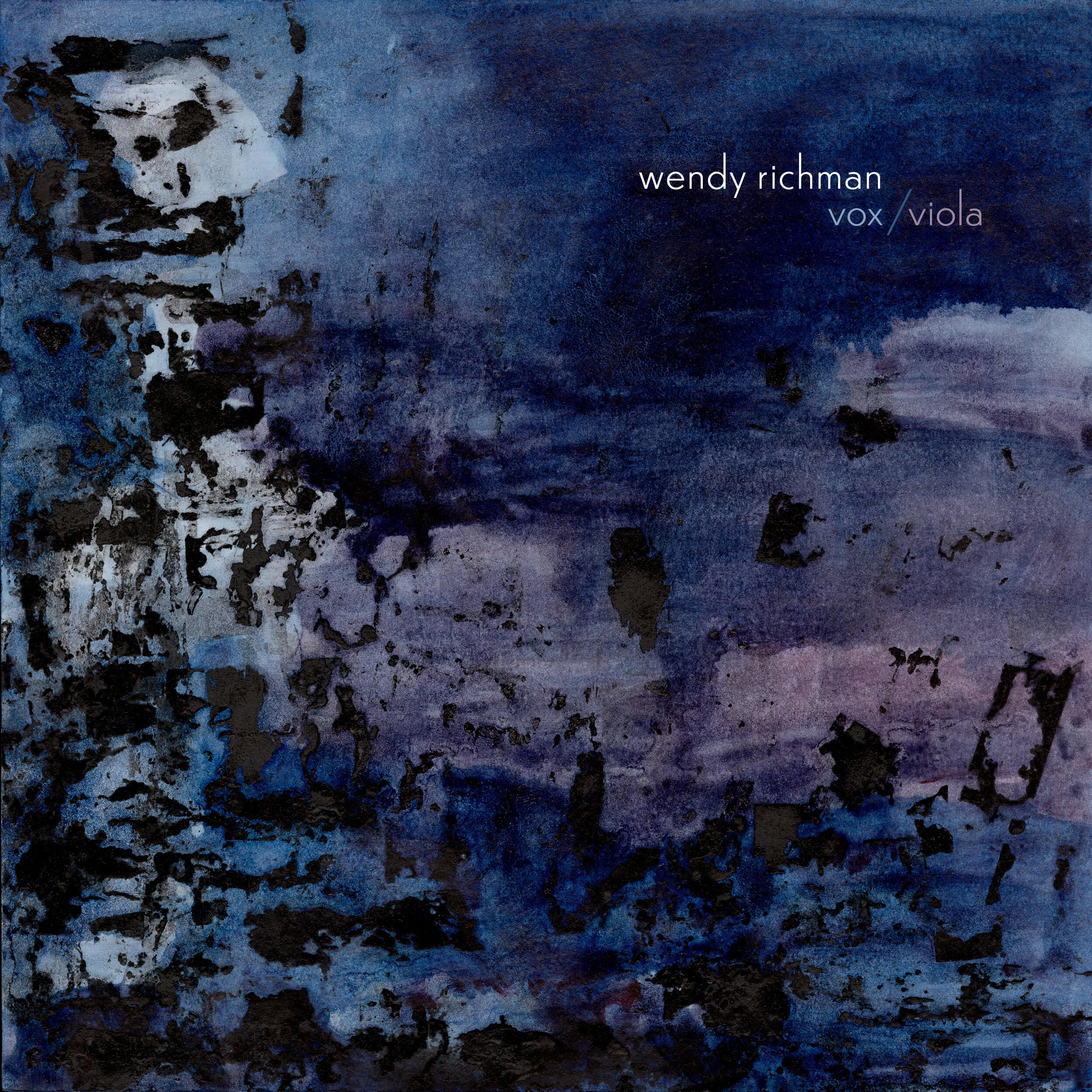Violist Wendy Richman is celebrated internationally for her compelling sound and “absorbing,” “fresh and idiomatic” interpretations with “a brawny vitality” (The New York Times, The Washington Post). The Baltimore Sun commented that she made “something at once dramatic and poetic out of the aggressive tremolo-like motif of [Berio’s Sequenza VI].” As soloist and chamber musician, she has performed at Carnegie Hall, Walt Disney Concert Hall, Royce Hall, Metropolitan Museum of Art, Mostly Mozart Festival, and international festivals in Berlin, Darmstadt, Edinburgh, Helsinki, Hong Kong, Karlsruhe, Morelia, and Vienna. She is a founding member of the International Contemporary Ensemble (ICE).
Wendy collaborates with a wide range of composers and has commissioned many pieces in which she sings and plays simultaneously. Her debut solo album of these works, vox/viola, was released on New Focus Recordings in 2020. In Los Angeles, she frequently performs with the Los Angeles Philharmonic, Tesserae Baroque, and echoi (ensemble) at Monday Evening Concerts, and she has been a regular guest with Orpheus Chamber Orchestra and the orchestral viola sections of Atlanta, Minnesota, and St. Louis. She performs in Portland with Third Angle New Music.
Also a distinguished educator, Wendy serves as a Lecturer in Performance Studies at University of California, Los Angeles (UCLA), and Lecturer of Viola at California State University, Northridge (CSUN). As soloist and with numerous ensembles, she has mentored hundreds of student composers through readings, residencies, recordings, and performances. She is a sought-after clinician at universities, conservatories, and conferences around the world, offering classes on viola repertoire and technique, lectures on string instrument notation, and workshops on contemporary string techniques. Wendy holds degrees from Oberlin Conservatory (Bachelor of Music), New England Conservatory (Master of Music), and Eastman School of Music (Doctor of Musical Arts with the Diploma in Ethnomusicology), where her teachers include Jeffrey Irvine, Kim Kashkashian, Carol Rodland, and Peter Slowik. She was further mentored by Karen Ritscher and Roger Tapping and studied voice with Marlene Ralis Rosen and Judith Kellock.
Wendy’s research addresses musicians’ communities, stemming from her own experiences with composer-performer relationships, gender- based discrimination, and disability. Her compositions link her love of unconventional string sounds with reflections on nature, physical trauma, and invisible disability.
Recent and upcoming seasons’ highlights include a performance of Ernest Bloch’s Suite Hebraique with Violins of Hope, Margery Deutsch, and the Milwaukee Youth Symphony Orchestra at Bradley Symphony Center; and recital and chamber music programs at Lawrence Conservatory, Oberlin Conservatory, UC Santa Barbara, and venues in Boston, Los Angeles, and NYC.

